Provar's Data-Driven Testing: Unlocking New Possibilities
Why spend hours duplicating test cases when a single test could do the job of ten?
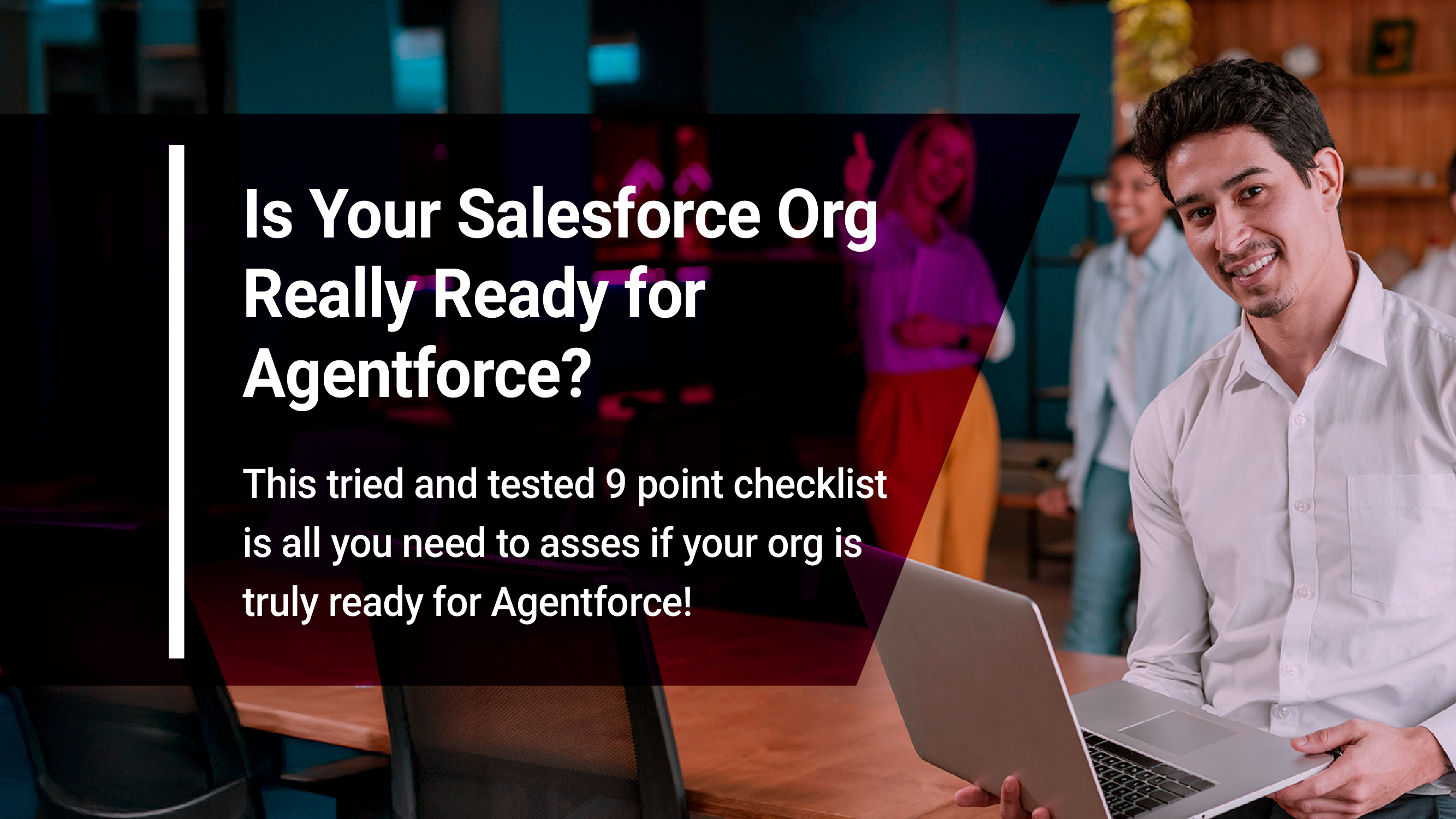
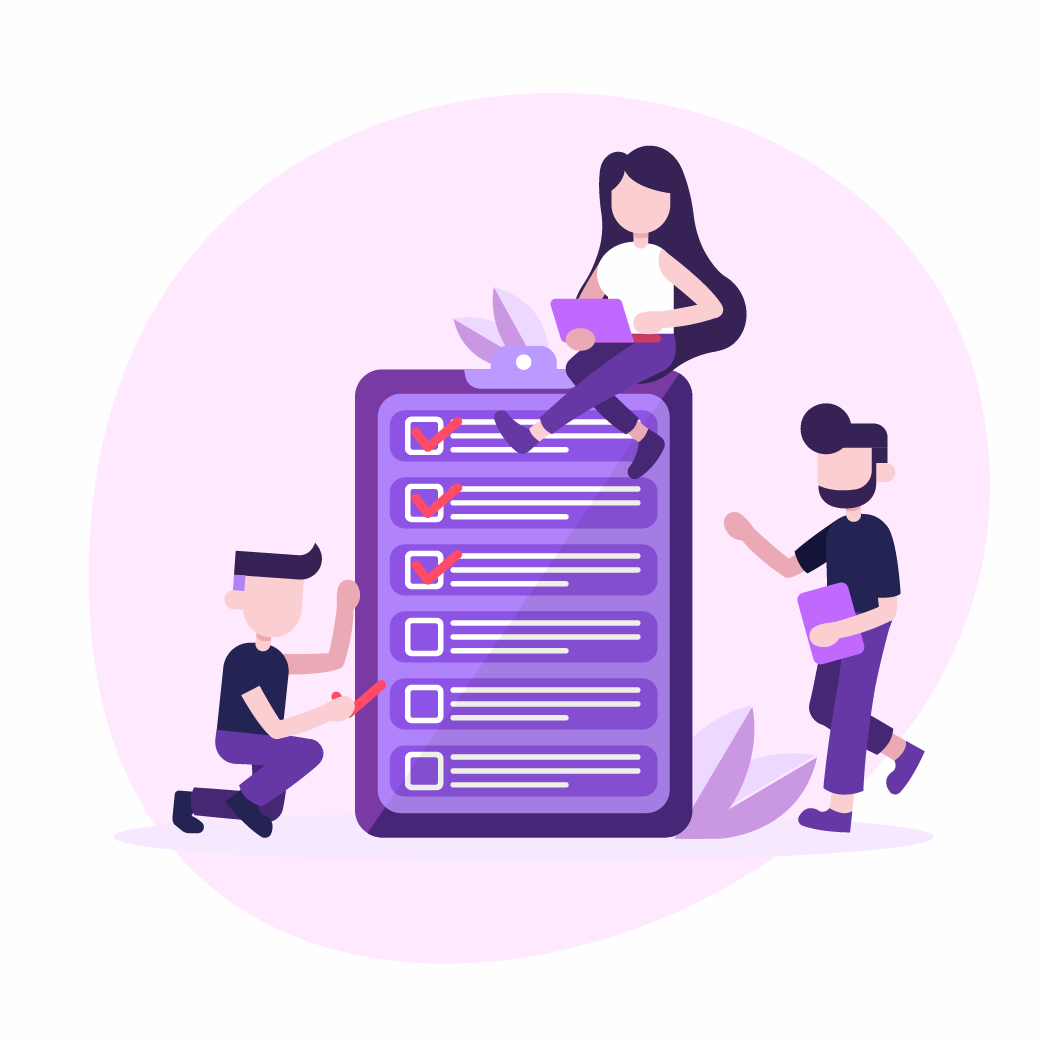
AI agents are no longer a futuristic idea. With Salesforce Agentforce, they’re here and embedded directly in your CRM. From automating routine service queries to guiding sales conversations, Agentforce has the power to transform customer engagement and team efficiency.
But here’s the catch: rolling it out in an unprepared org can backfire. It’s critical to evaluate your Salesforce org’s readiness as poor data quality, unplanned integrations or overlooked compliance requirements can turn a promising AI investment into frustration, hidden costs or even regulatory risks.
That’s why we’ve created this 9-point readiness checklist , so you can confidently evaluate whether your Salesforce org is truly ready for Agentforce, avoid costly mistakes and maximize ROI from day one.
Agentforce features are available only on supported Salesforce editions (Enterprise, Unlimited, or above). Certain add-ons (Service Cloud, Sales Cloud, Digital Engagement) may be mandatory depending on your use case.
Note: Agentforce features and availability may vary depending on your Salesforce edition and licensing. Always review Salesforce’s official documentation or consult your Salesforce account executive to confirm what is supported in your specific edition.
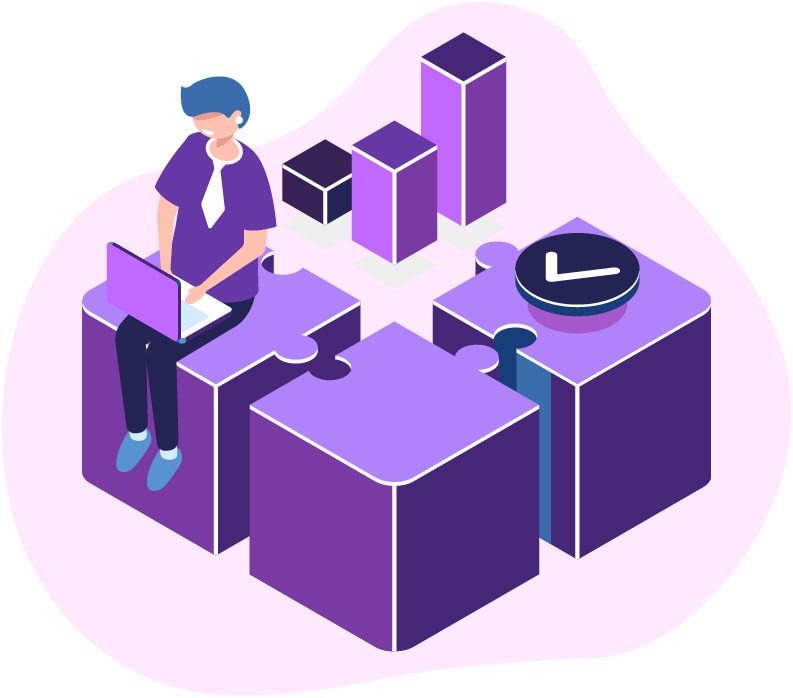
Agentforce learns and responds based on your org’s data. Poor or incomplete data will result in inaccurate responses.
AI agents handle sensitive customer data, so you must ensure compliance with internal and external regulations.
3.1 Agentforce AI Trust Layer
Salesforce Shield provides comprehensive security controls for sensitive fields through:
Field-Level Security: Granular permissions controlling which users can view or edit specific sensitive fields
Platform Encryption: End-to-end encryption for data at rest, ensuring sensitive information remains protected even from Salesforce administrators
Event Monitoring: Real-time tracking of user activities and data access patterns to detect potential security anomalies
AI-Specific Security Considerations with Agentforce:
With the introduction of AI-powered features like Agentforce, organizations need additional security assurances for how AI models handle sensitive customer data:
Data Processing and Logging Query Handling: Customer queries processed by Agentforce are subject to Salesforce's data residency and privacy controls
Data Retention: AI interactions follow configured retention policies, with options to limit or prevent logging of sensitive conversations
Training Data Isolation: Customer data is not used to train underlying AI models, maintaining data privacy
AI Trust Layer Protection
Salesforce's AI Trust Layer provides additional safeguards:
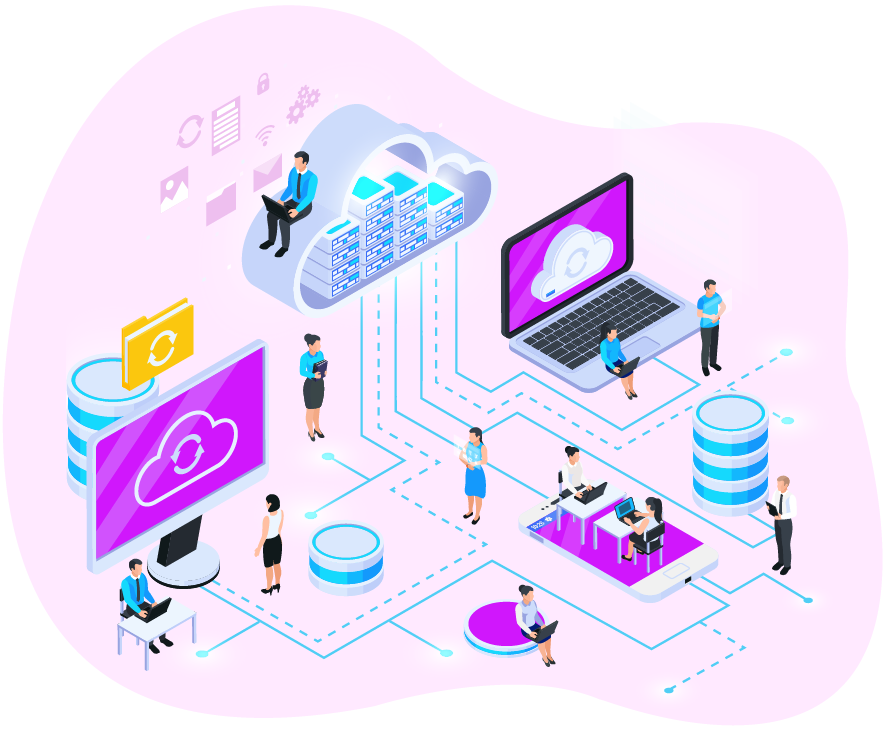
Agentforce may need to connect with your existing systems (ERP, inventory, payment gateways). Poor integration planning creates gaps. If your integrations aren’t mapped and healthy, your AI agent may give wrong answers or fail to act on customer requests.
AI agents need well-organized information to give accurate answers. Without clear articles, FAQs, or SOPs, they may respond with errors or confusion. Structured content acts like a guidebook the AI can follow.
Examples:
Agentforce works best when its goals are clearly defined. It performs more efficiently when focused on specific tasks. Measurable outcomes help track success and guide improvements.
AI tools won’t succeed unless users believe in their value. Without trust, people hesitate to use or rely on them. Adoption depends on confidence and consistent engagement.
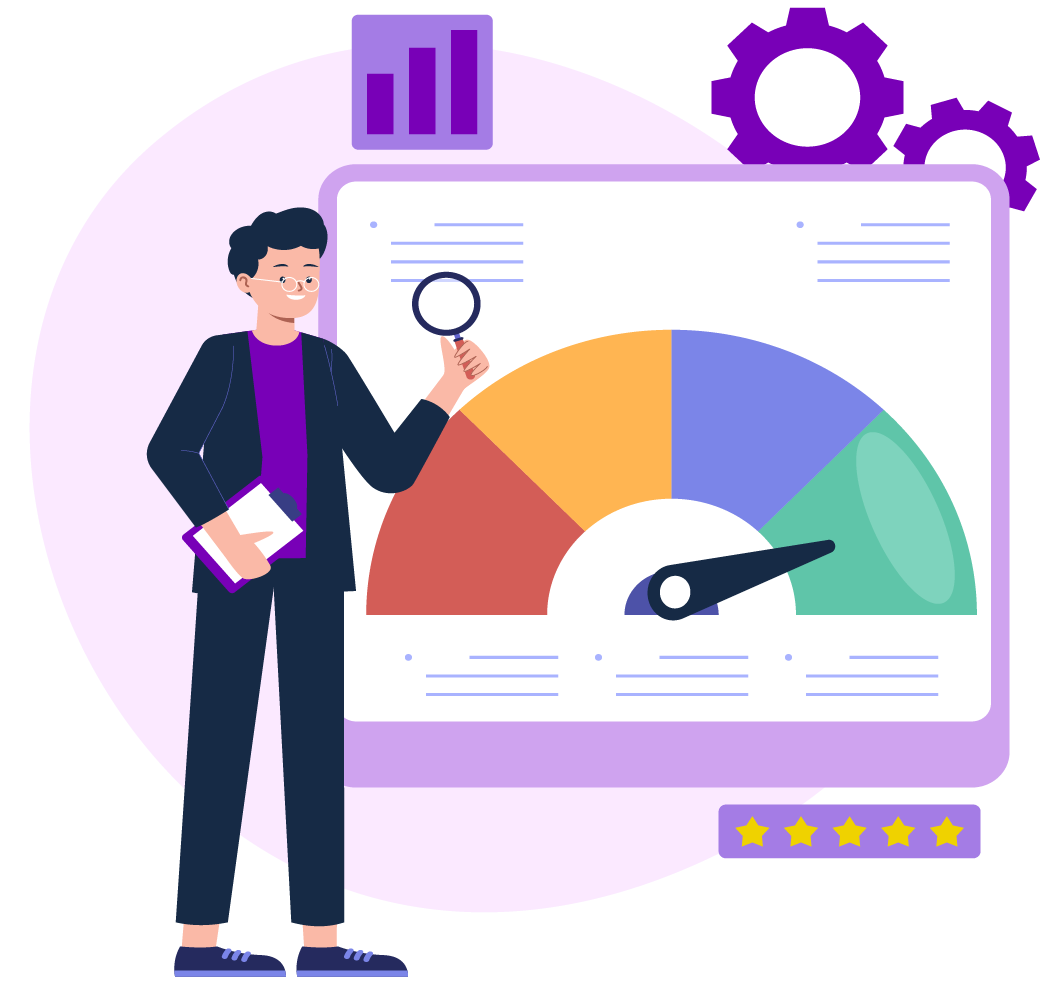
AI agents increase system interactions; your org must handle extra load.
Note: After deployment, use monitoring tools such as Salesforce Event Monitoring, New Relic, Datadog or third-party solutions to track API usage, performance, and potential anomalies. This helps ensure smooth operations, detect issues early and optimize integration efficiency.
AI solutions can have hidden costs in licenses, storage, and compute.
40–45: Your org is highly ready for Agentforce.
30–39: Moderately ready — fix identified gaps before rollout.
Below 30: Foundational work required — prioritize data, security, and integrations before adoption.
Adopting Agentforce in your Salesforce org is more than just adding a new tool—it’s about preparing your data, systems, and teams to work effectively with AI. By carefully going through this checklist, you can avoid hidden costs, ensure compliance, and improve user adoption. A well-prepared org will see faster ROI, better customer experiences, and more efficient sales and service processes. Success with Agentforce comes from planning, data readiness, clear use cases, and ongoing monitoring. The more thorough your preparation, the smoother your AI rollout and the greater the benefits for your organization.
At Cloud Peritus, we’ve helped leading enterprises design, evaluate, and roll out next-gen Salesforce solutions with a focus on AI readiness and adoption. If you’re considering Agentforce, let’s talk about how to ensure your org is fully prepared for success. Reach out to us at info@cloudperitus.com.